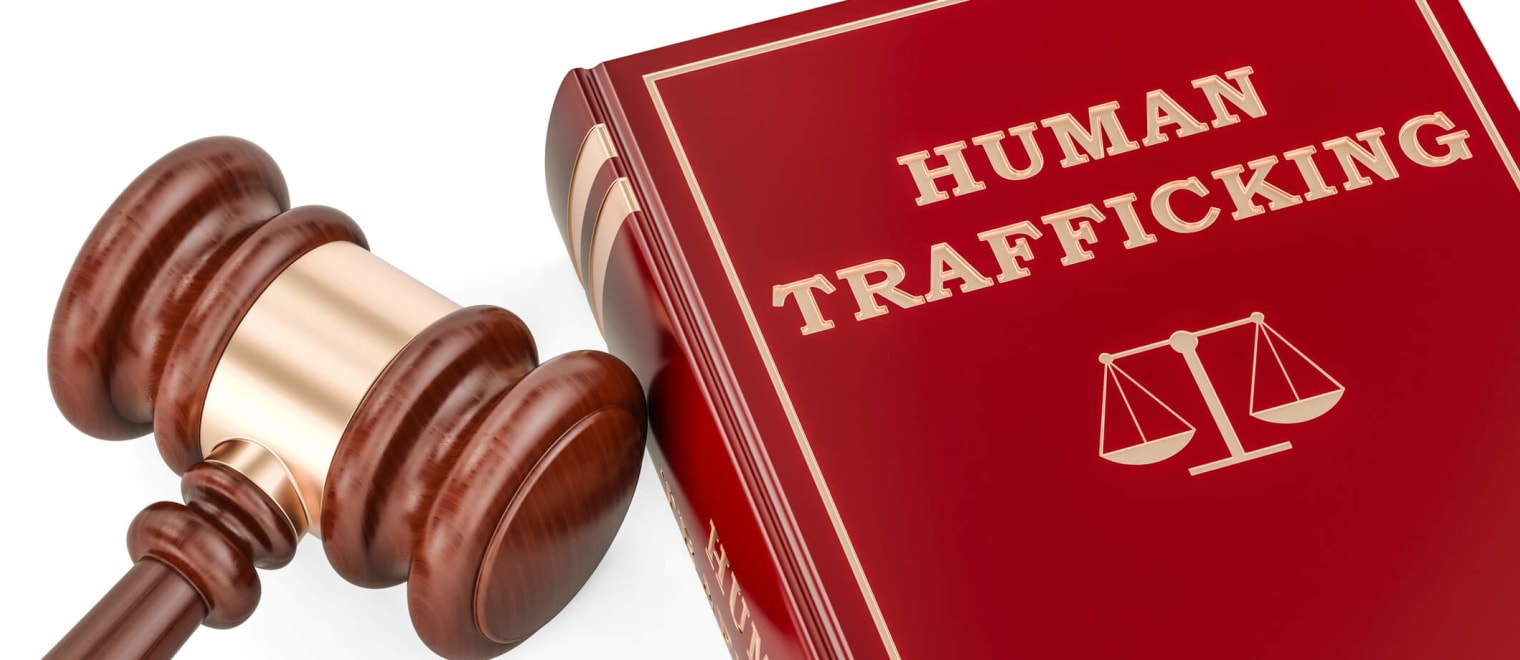This informal CPD article, ‘Modern Slavery‘, was provided by Peel Recruitment & Training Solutions, who provide specialist bespoke recruitment, training and interpreter solutions to the Law Enforcement arena. They bring together the expertise and experience needed to support organisations.
When giving thought to slavery many people visualise pictures in their minds eye of the slave trade back in the 18th and 19th centuries. Pictures of ships transporting kidnapped men, women and children in shackles across the Atlantic Ocean to slavery working in the cotton field in the east coast states of America and Caribbean countries. For many, Slavery was confined to the history books. How wrong could this be!
Understanding the UK Modern Slavery Act 2015
In 2015 the then UK Home Secretary, Theresa May M.P. championed the case for the introduction of new slavery legislation, the Modern Slavery Act 2015, the first since 1833 and the Slavery Abolition Act of that year.
The Modern Slavery ‘bill’ was introduced to the House of Commons in draft form in October 2013 by James Brokenshire M.P., Parliamentary Under Secretary for Crime and Security and received Royal Assent and became law on 26 March 2015(1) and applies through-out England and Wales, with some provisions applicable in Scotland and Northern Ireland. Both Scotland and Northern Ireland have additional legislation including the Human Trafficking and Exploitation (Scotland) Act 2015 and the Human Trafficking and Exploitation (Criminal Justice and Support for Victims) Act (Northern Ireland) 2015.
The Modern Slavery Act 2015 includes provisions to:
- consolidate and simplify existing offences relating to exploitation and trafficking into a single act
- create an independent anti-slavery commissioner to improve and better coordinate the response to modern slavery
- introduce a defence for victims of slavery and trafficking
- require businesses over a certain size to disclose each year what action they have taken to ensure there is no modern slavery in their business or supply chains
The act created offences relating to slavery, servitude and forced or compulsory labour (section 1) and human trafficking (section 2). Any person who is found guilty of an offence under section 1 or 2 may, on conviction on indictment at the Crown Court before a Judge and Jury, go to prison for life; or if they were convicted at a Magistrates Court go to prison for a term not exceeding 12 months or a fine or both.














